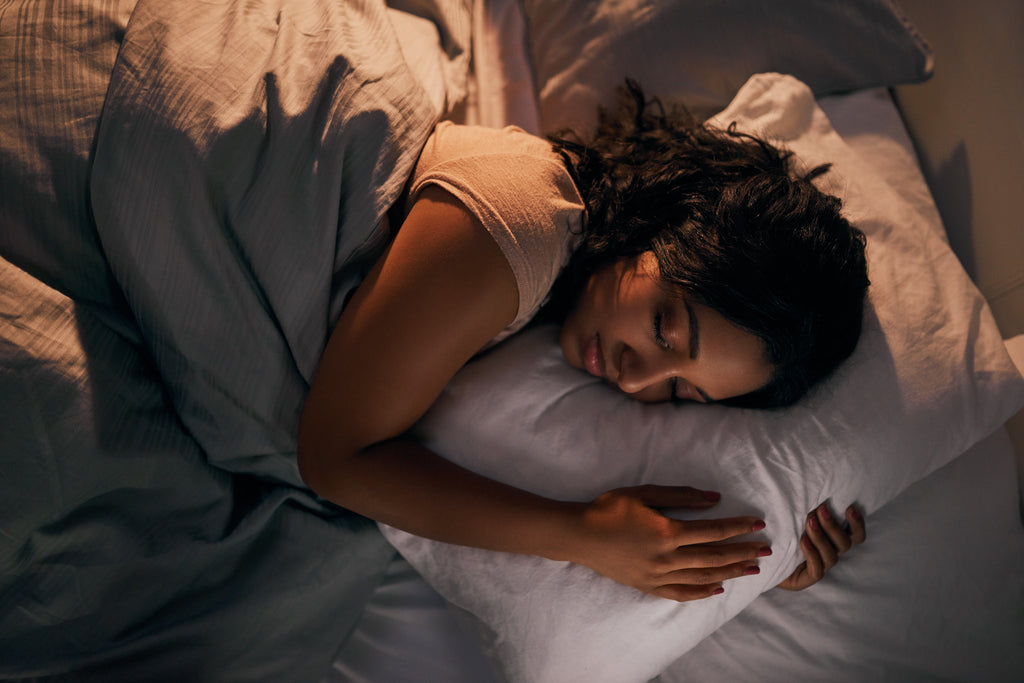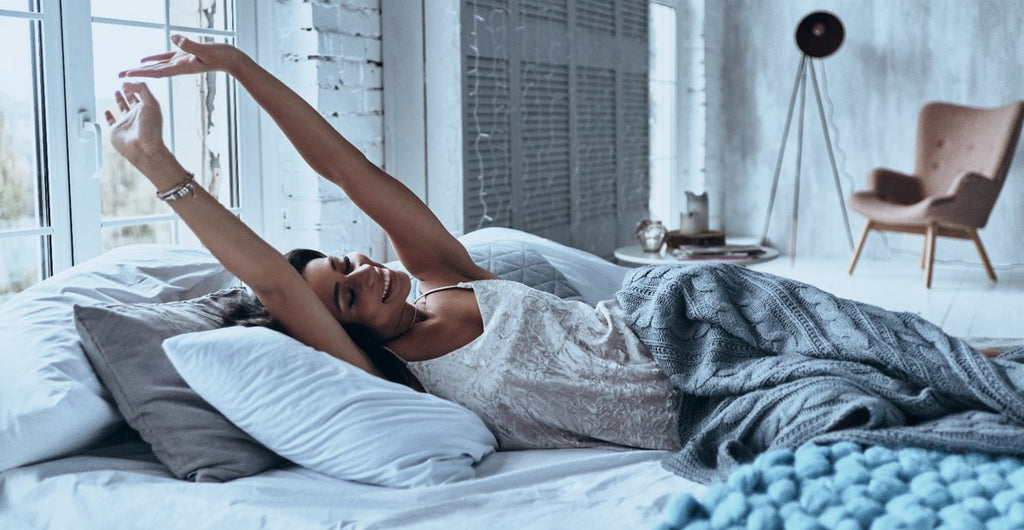- Home
- SHOP ▾
- Store Locator
- Media
- Product Information ▾
- Our Associations ▾
- Warranties ▾
- Advice ▾
- Blog

You probably ask yourself all the time what makes a good night’s sleep? If you google it, you’ll most likely see lists upon lists of top ten tips or the 5 best secrets to a good night’s sleep. Whilst these lists probably have great ideas, they may be redundant without understanding the key elements that make a good night’s sleep.
We’ve narrowed it down to three key elements for a good night’s sleep:
Now you know the three elements let’s expand on what they are so you have a basic understanding and can apply those great tips you see everywhere including our Instagram 😉.
1. Duration
Duration refers to the length of time that you sleep for, your sleep needs to be long enough that when you wake up the next day you are feeling refreshed and alert. Generally speaking, for an adult this is between 7-9 hours of sleep, with the length being longer for teenagers and young children.
|
Life Stage |
Required Sleep |
|
Older Adults |
7-8 hours |
|
Young Adults |
7-9 hours |
|
Teenagers |
8-10 hours |
|
School-aged children |
9-11 hours |
|
Preschoolers |
10-13 hours |
|
Toddlers |
11-14 hours |
|
Infants |
12-15 hours |
|
Newborns |
14-17 hours |
2. Continuity
Your sleep needs to be long and uninterrupted, even if you are still getting your required hours of sleep a night if you are waking up multiple times this can affect the overall quality of your sleep. There are four stages of sleep that humans go through each night:
As you can see our body slides through different and important stages of sleep each night and can do this multiple times, so if you are repeatedly waking up during the night you are disrupting your bodies sleep cycle.
3. Depth
This ties in with the stages of sleep we touched on above when talking about sleep continuity, you want your sleep to be deep and restorative. This means we especially want to make sure we are reaching the third and fourth stage of sleep known as slow wave sleep. Slow wave sleep is attributed to play a pivotal role in brain restoration and recovery as well as memory consolidation, whilst also producing human growth hormone which repairs tissues and cells in our bodies. All very important for us to be functional humans the next day.
Now you are equipped with the understanding of the key factors making up a good night’s sleep, you can now start creating a sleep routine that will aid you in sleeping the required amount and protecting it from interruption.

Sleep is vital to our everyday well being. Getting the right amount of regular sleep will make you feel more energised and motivated, helping you to achieve other goals that you might have for this year, such as doing more exercise,
Try to go to bed and wake up at the same time. It will help create a natural rhythm, and sleep-wake cycle for your body.
Also ensure you are getting the recommended amount of sleep for someone your age. For an adult this is 7-9 hours a night. For a guide on the recommended sleep time for different ages check out https://www.sleephealthfoundation.org.au/how-much-sleep-do-you-really-need.html
Look at what can influence the quality of your sleep, and work on making changes where needed.
“Another reason people get lower-quality sleep following alcohol is that it blocks REM sleep, which is often considered the most restorative type of sleep. With less REM sleep, you’re likely to wake up feeling groggy and unfocused.” - sleepfoundation.org
Ensure your bedroom offers the best possible sleep environment
“A cool 16-18°C (60-65°F) is thought to be an ideal temperature in a bedroom. Temperatures over 24°C (71°F) are likely to cause restlessness, while a cold room of about 12°C (53°F) will make it difficult to drop off.” - Sleep Council UK
It may take a little adjustment for you to get into a new routine, but just remember that if you are getting the right amount of sleep regularly you should feel better and have more energy for the things you want to achieve.
Sleep well, live well